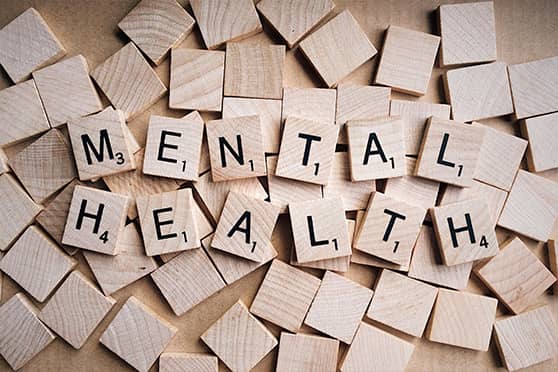Not so long ago, schools would encourage, sometimes even coax, parents to approach psychological counsellors to discuss problems their children might be facing. And be ignored.
The times they are a-changin’, maybe.
Increasingly, parents are approaching schools to counsel their children, sometimes without informing the kids that they are reaching out to the school.
A large number of students are now “mentally fragile” and the parents say they are helpless. Some fear that chastising the child might lead them to cause self-harm, senior teachers at several schools said.
Pressure to perform well in academics from adults around them, peers or even from themselves is what makes many students stressed and they are unable to cope with the situation, said school principals.
“Parents are writing to us asking for counselling for their children, which is a shift from what things used to be. There is a lack of communication between parents and children and they want to seek the support of the school,” said Anjana Saha, principal, Mahadevi Birla World Academy.
Saha said many parents approach the school because they are unable to handle their children’s overdependence on devices.
“In many families both parents work and, given their long working hours, by the time they return home, they barely have any time or energy left for the kids,” said Saha.
The parent of a Class IX student in north Kolkata approached his school because the boy was playing an online game for hours and the parents could not do anything about it.
“Parents have become more aware. They come and say their child needs counselling. Earlier, they would shy away (from approaching a counsellor). It was a taboo topic. But perhaps the Covid pandemic and what families went through have made them more aware and open about the need for counselling,” said Gargi Banerjee, principal, Sri Sri Academy.
Parents are now scared of reprimanding their children more than ever.
Incidents of attempted suicide or self-harm that are reported every now and then have created a sense of fear among parents, schoolteachers said.
“‘What if they do something?’ is a refrain that we keep hearing from parents regularly,” said Amita Prasad, director, Indus Valley World School.
Saha said even children use “threats” to arm-twist their parents.
A high school teacher said many parents feel their children are “traumatised” by any attempt to discipline them, either by the school or the parents.
Prasad feels parents are not blameless.
“Often, the parents allow their children to reach a point where they cannot control them,” she said.
Children resist the idea of counselling. They often perceive it as another ritual for hectoring, principals said.
“There are parents who come to us seeking counselling without informing their children. They are scared to tell them anything because they fear the children might harm themselves,” said Terence John, principal, Julien Day School Kalyani.
“On the other side, the children have become fragile to an extent that they fall into traps or in wrong company,” said John.
Anxiety among children is a cause for worry.
The anxiety mostly stems from the inability to perform according to expectations and being unable to manage time because of the burden of activities.
“They barely have time for themselves or to do something on their own that is not a structured, organised activity,” said a teacher.
The taboo around counselling is less than what it used to be but sometimes parents expect instant results, said principals.
“A visit to the counsellor has to be followed up at home and parents have to give time for that, but the gap still remains. Only seeing the counsellor will not address the problem,” said Saha.
